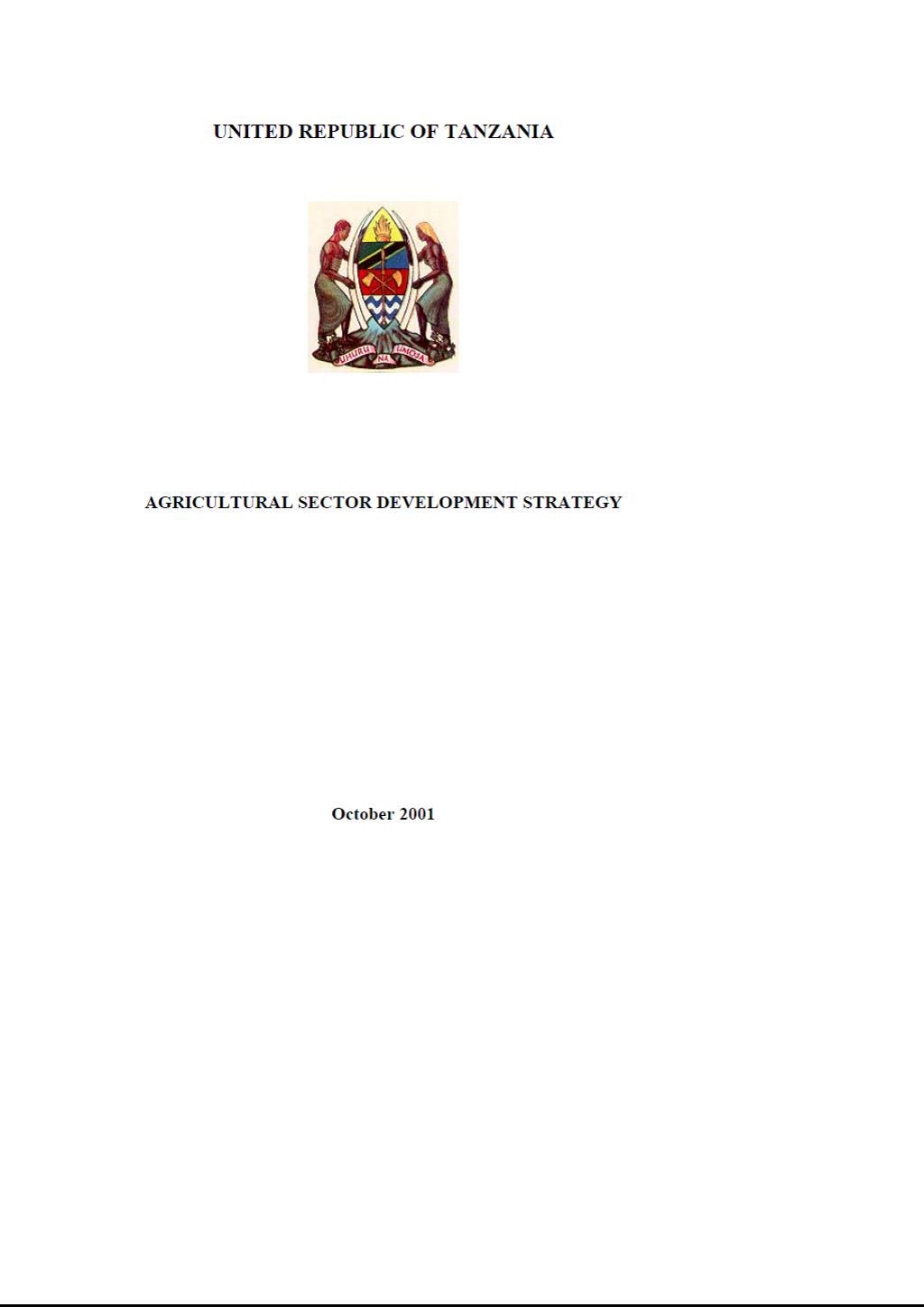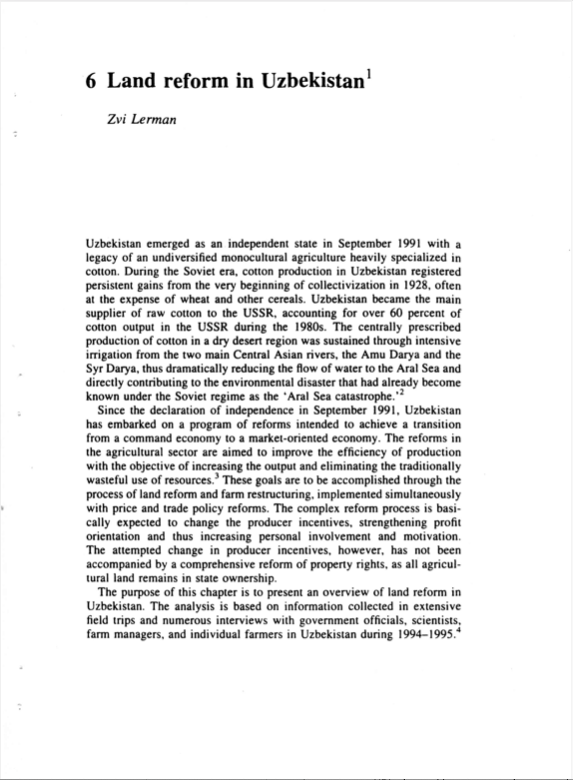Why Law Matters: Design Principles for Strengthening the Role of Forestry Legislation in Reducing Illegal Activities and Corrupt Practices
The damage caused by illegal activities and corrupt practices in the world’s forests is a problem of enormous proportions. In many parts of the world, forest exploitation is dominated by rampant illegal harvesting, large-scale violation of trade regulations both domestically and internationally, fraudulent practices abetted or condoned by government officials and other destructive activities in violation of applicable laws. This paper is concerned with one facet of this complex problem–how important is legislation in the fight against destructive and corrupt forestry practices?





